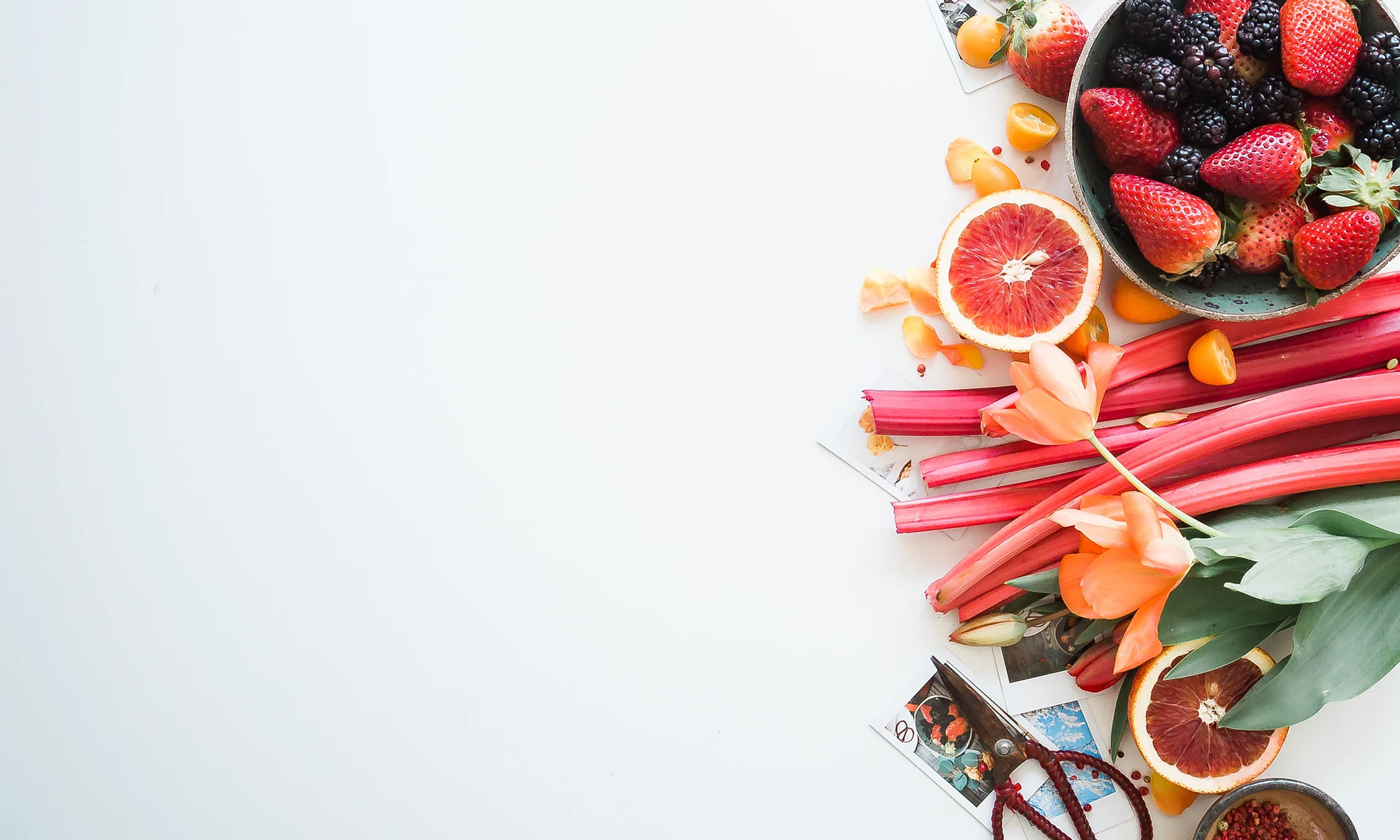Being invalidated for any efforts you may be taking to improve your health can be discouraging! I'm sharing the following story with permission.
Last week I had a Facebook messenger chat with a follower who said she'd just come back from her annual doctor's visit and she was feeling upset and discouraged. Her labs weren't what he was expecting and he was looking for the reasons why this may have happened.
When he asked her what she was doing in regards to exercising, she proudly reported that despite the pandemic, she had discovered a movement practice that she enjoyed and was easily able to maintain. When she described her practice, he poo-pooed all over it by saying that it wasn't enough and that she'd need to step it up by doing X and Y or her blood work wouldn't improve. Ugh.
While doing X and Y may be helpful (causation vs. correlation), it's only helpful if the person doing it enjoys X and Y and is able to maintain it. It's also only helpful if the person being advised has a healthy relationship with movement because if they don't, advice like this often leads to INACTIVITY because the bar is set too high.
Sadly, I hear stories like this often from clients and from followers and they infuriate me because they are exactly what people who are trying to heal their relationship with movement don't need!
So many women struggle to move their bodies at all because they're still traumatized from restricting food and from forcing themselves to exercise to lose or maintain weight. Their relationships with movement are non-existent or very fragile because they are still grappling with diet mentality thoughts, etc. Telling someone that their movement practice isn’t enough or is ineffective is damaging this healing process.
Here are a few important things to remember when healing a relationship with movement:
Some is better than none - If your doctor or anyone else tells you that you need to move for X number of minutes X number of times a week, ignore them! Yes, ignore them. Chasing a number isn't the way to improve a relationship with movement. Do what you can when you can and only increase the frequency and type of movement you're doing when you feel ready to do so. Doing it for any other reason will potentially jeopardize your efforts.
Stop saying you're too lazy! The truthful and countercultural book Laziness Does Not Exist by Devon Price, Ph.D. invites us to look at laziness from a new perspective. I feel this way about movement. Being open to looking beyond the inactivity to understand that what's lying beneath is often perfectionism and overwhelm and not laziness is one place to begin! So the next time you think your inactivity is due to laziness, compassionately and non-judgmentally look deeper.
Movement isn't everything - Yes, it would be wonderful if just by exercising and eating "well" we could stave off illness, but that's not reality. We must never forget the role of genetics, socioeconomic conditions, stress, sleep, etc. have on our overall health, Movement is important but I never encourage any of my clients to move just to improve their labs. Movement serves a greater purpose because it can vastly improve our mental health and helps us remain agile, especially as we age. Even if labs don't budge, gentle physical activity can generally still make us feel more vibrant.
Lower the bar - One of the number one reasons why people feel like what they're doing with movement (or anything else for that matter) isn't enough is because the intentions/goals they're setting are unrealistic and unattainable. Wouldn't you feel like a failure if you were never able to meet your goals? I know I'm often reevaluating my marketing goals so that I'm not disappointed.
Every single thing I've spoken of in this love note is covered in my Joyful Movement at Last! program. I'm convinced that if more people understood how to improve their delicate relationships with movement they'd be moving more often and having fun doing it!
If you want to build up your practice once you’ve improved your relationship, go for it but also know that you’re not morally obligated to do that either! It’s your body and you have full autonomy to do or not do whatever you choose. Sometimes giving yourself full permission to heal is what sparks the flame to start moving in a more formal way later.
Want to start moving again but don't know how to do this intuitively? Download my new Intuitive Movement guide.
Remember, you don't have to do this alone. Support makes all the difference!







